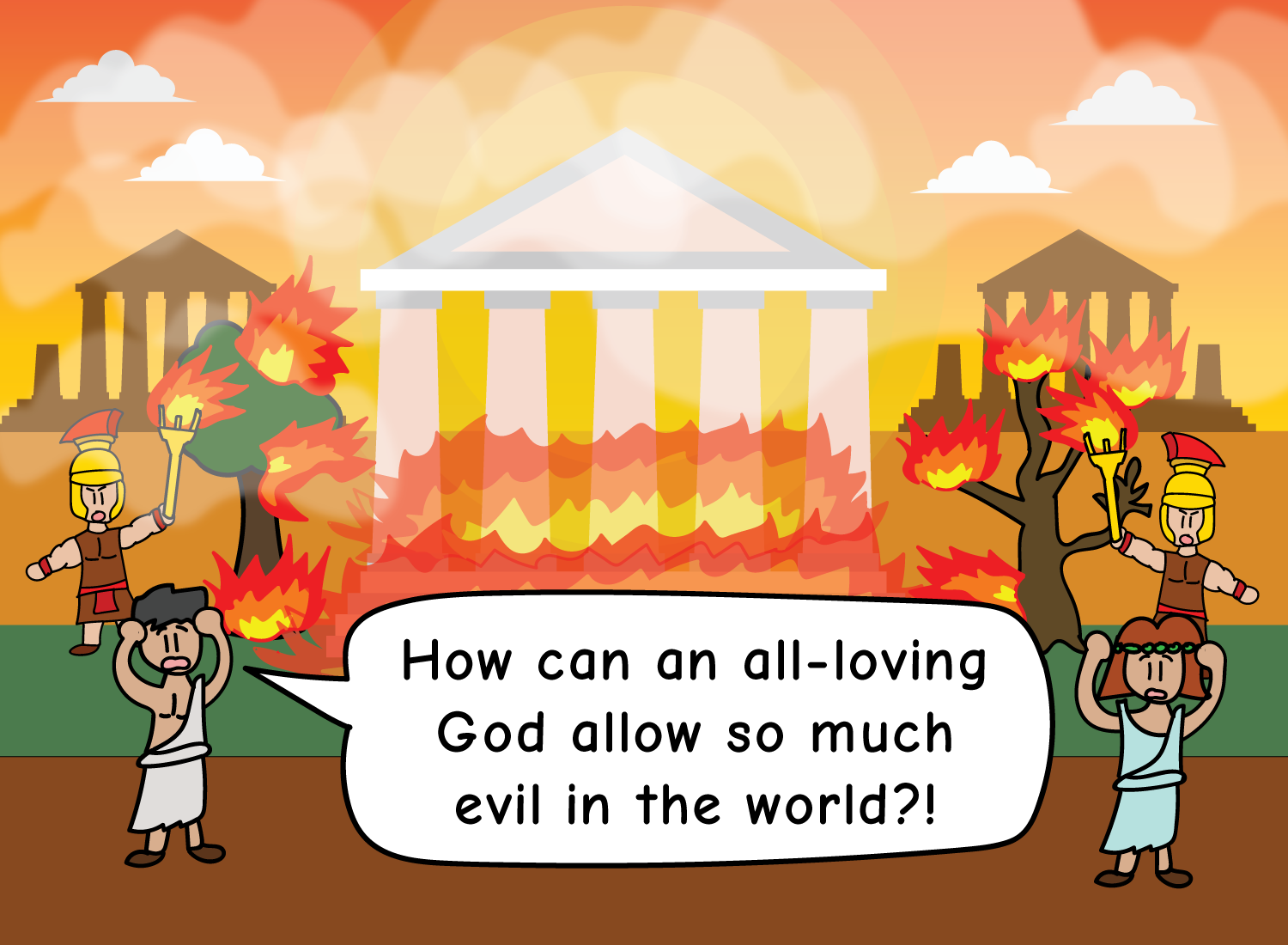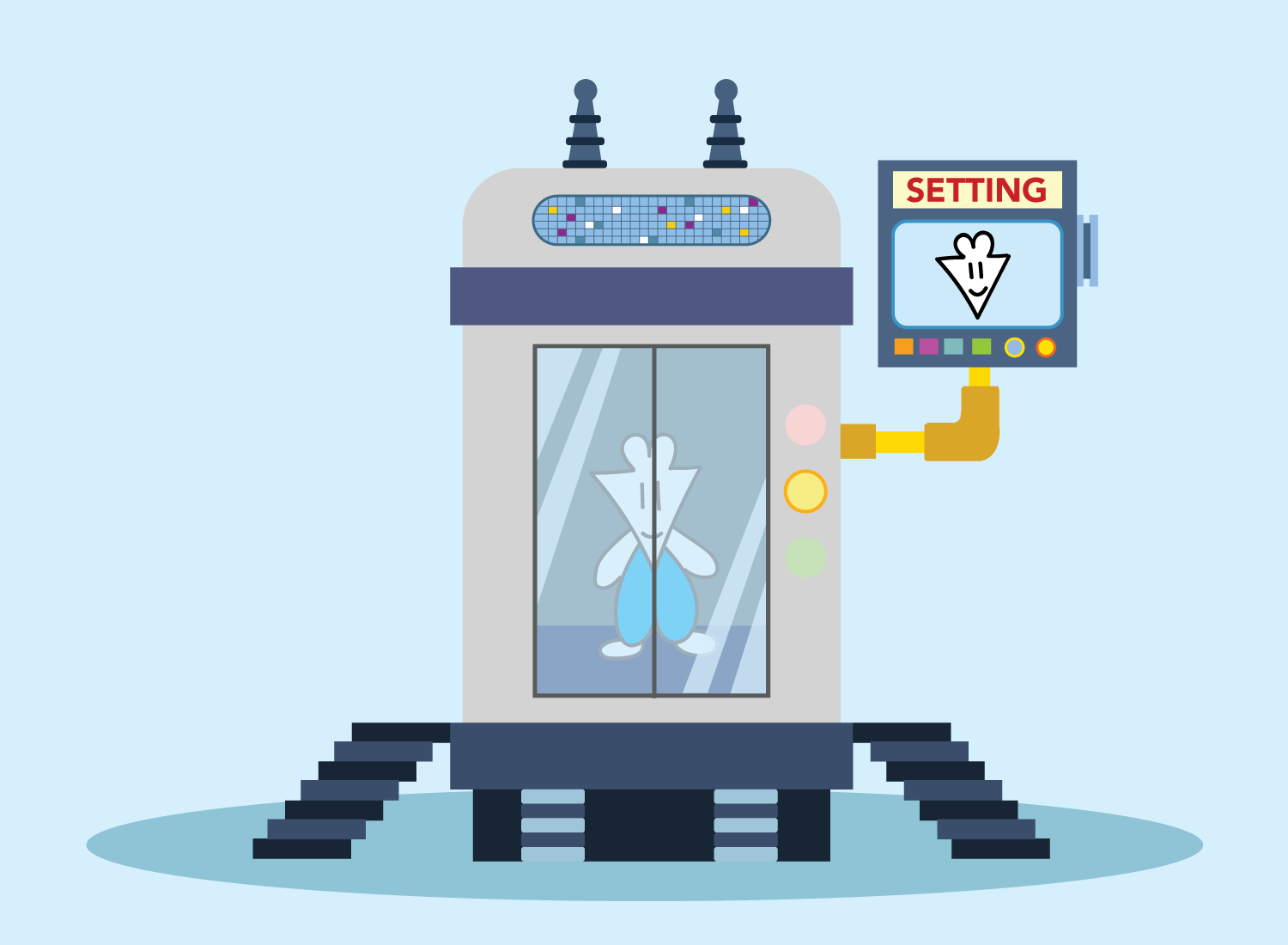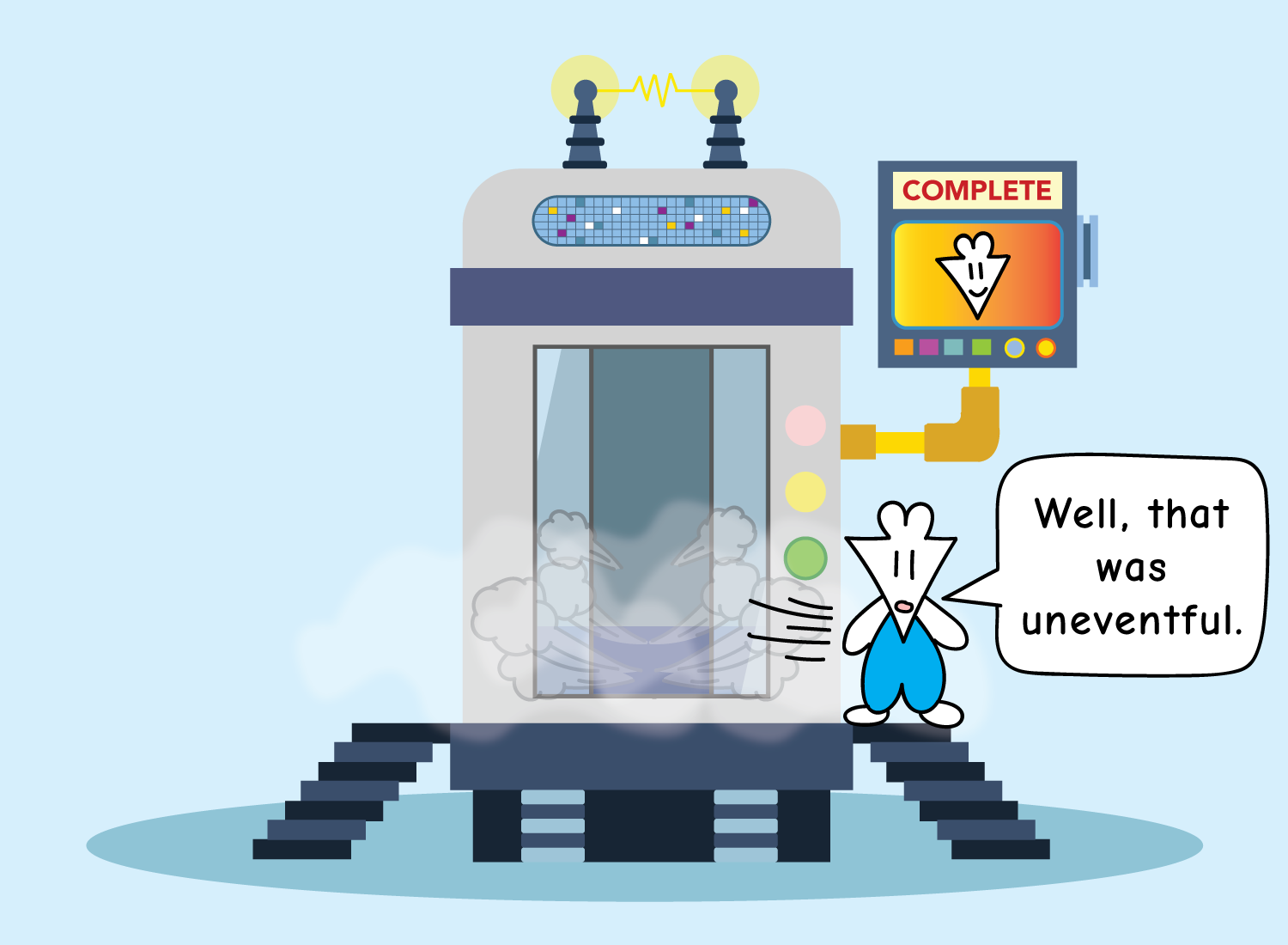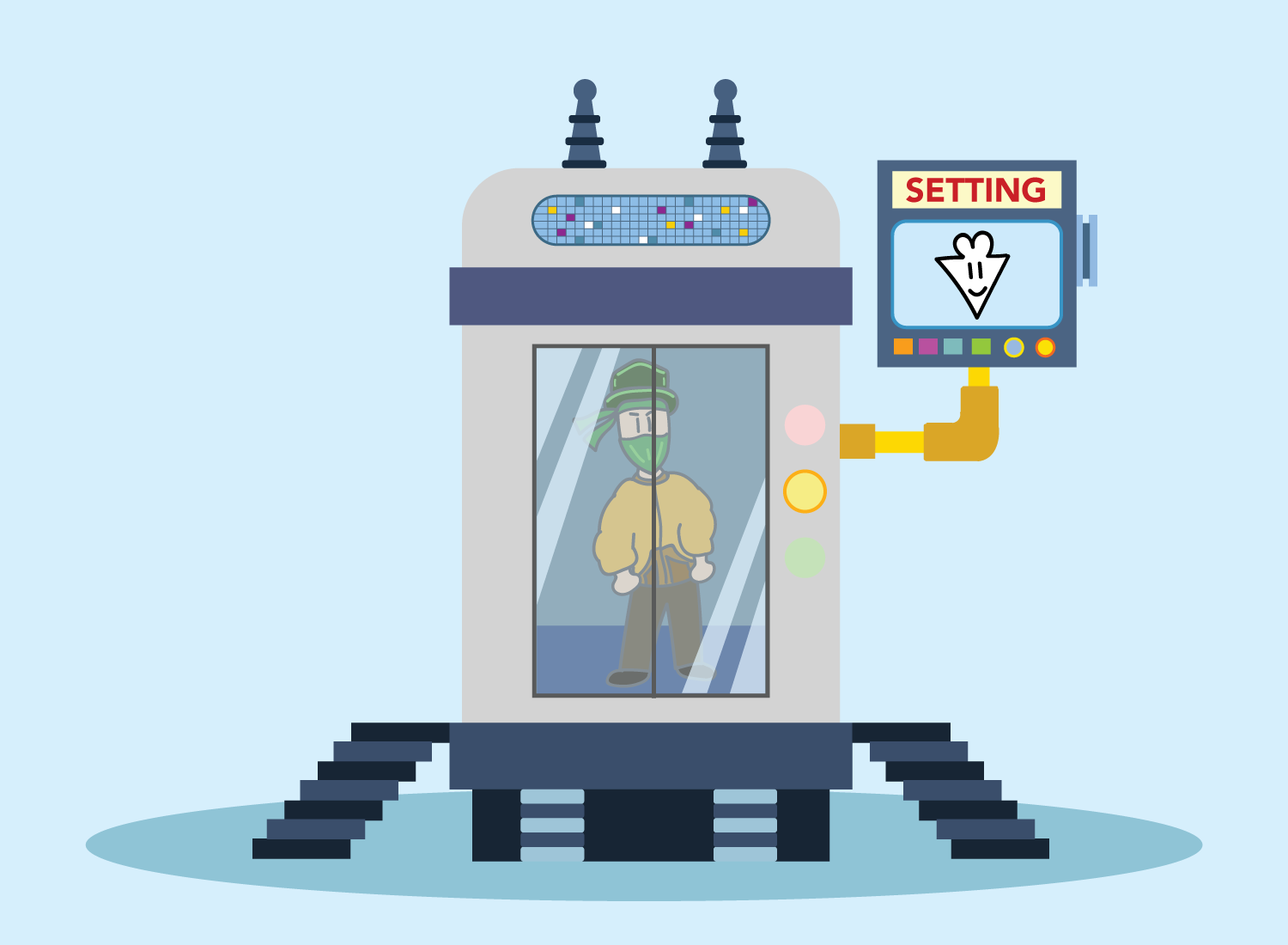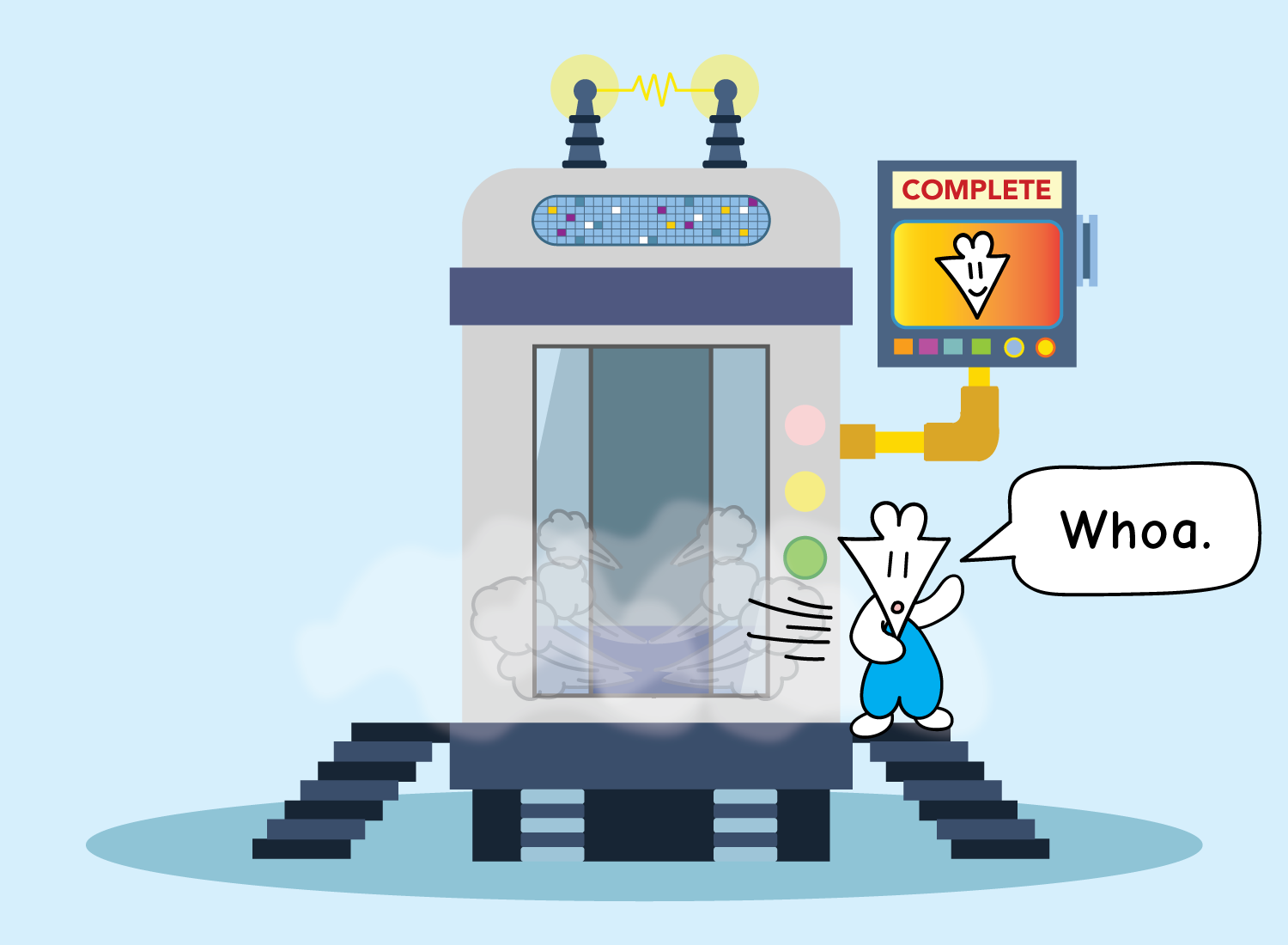What We Get Wrong About Evil
Religion is having a membership problem.
According to the Barna Research Group, the percentage of teenagers that now identify as atheist is double that of the U.S. adult population.
When asked about their biggest barriers to faith, the most popular answer was:
“I have a hard time believing that a good God would allow so much evil or suffering in the world.”1
This is far from a new problem. It’s called the problem of theodicy, and is something that people have pondered for millennia.
Regardless of the answer, it looks like this question is taking its toll on the youth of today. In the age of constant news cycles, the awareness of evil seems to be peaking, showing up in all parts of the world at every moment of the day.
However, there’s an interesting question to consider. If evil is everywhere, and its prevalence is peaking, how are you certain that you are not the very evil you are condemning?
When someone condemns God by saying, “I don’t understand how a good God can allow so much evil in the world,” what is implicit in that statement is, “Surely, I’m not one of these evils that God has allowed.”
In other words, to condemn evil is to condemn the other, not the self.
The Hero of Your Story
Crimes against humanity occur in different orders of magnitude.
Local headlines will display news about a nearby gang shooting, while national headlines will show footage of a faraway drone strike on innocent civilians. The scope of these crimes is wide, but to you and I, both can seem equally senseless.
Why would that gang member place zero value on that victim’s life? Why does that drone strike commander have no sense of justice, no sense of compassion for the hundreds he killed?
It would be natural to view these people as evil, but the perpetrators probably wouldn’t call themselves that.
In his piece titled Are Your Enemies Innately Evil?, Eliezer Yudkowsky writes:
Realistically, most people don’t construct their life stories with themselves as the villains. Everyone is the hero of their own story. The Enemy’s story, as seen by the Enemy, is not going to make the Enemy look bad.
You are the protagonist of your own story. As the central character, it is your sense of morality and judgment that is righteous, not the other’s. Evil is something that you don’t partake in, because you’re just trying your best to be a good person, right?
The problem, of course, is that everyone else is the hero of their own stories as well.
The gang member didn’t think he was an evil person; in his eyes, he was the hero that needed to defend the honor and integrity of his crew.
The drone strike commander didn’t think he was an evil man; in his eyes, he was the hero that needed to defend the justice and freedom of his country.
Does that mean that their actions were justified? Well, judging by the consequences, the answer points to no.
Both had beliefs about how the world worked, but they were erroneous. Rather than promoting honor and justice, their beliefs ended up creating a thicker cloud of suffering, and a greater appetite for revenge from those afflicted. Gang shootouts only lead to more shootouts, and senseless drone strikes only lead to more violence from the impacted side.
Their actions deserve to be condemned, but understanding that they didn’t perceive themselves to be the villain is important. Once we really get this, we are able to realize a key insight into the human condition.
The Circumstances of Our Being
Let’s say we put you in a time machine and set it back to the date of your conception:
If we then programmed the time machine to replay every moment of your life in the same sequence (and duration) in which it already happened, you would emerge from it as the same person you are now – no changes whatsoever.
Okay, now let’s take the gang member from earlier, and put him through this same time machine, using the same settings we just used for you. Your life events and your genetic code are the sole inputs.
What will come out of the other side is not the gang member anymore, but you, just as you are today.
Not only would he have your body and memories, he would have your temperament, your beliefs, your habits, your everything. Since we are nothing more than the product of our genes (our hardware) and our environment (our software), if we applied your settings to anyone else in the world, they would cease to be them, and end up being you.
So if that gang member went through that time machine, he would no longer be a newly convicted murderer. Instead, he’d be you, reading this silly blog from wherever you are now.
This is the key insight to consider when viewing someone as the Enemy, or the “other.” It is merely through good fortune that you are in your situation, being the flesh and water container for your genes and environment. In some alternate world, you may have received the gang member’s settings, and been the hero of that story instead.
Living out that heroism, however, would have put you in a four-walled cell block for the rest of your life.
You Could Have Been Each Other
The next time you watch the news, it’ll be natural to shake your head and comment on the pervasiveness of evil. You’ll want to scream at the endless acts of violence, and will long for every perpetrator to be caught and sentenced to a life of emptiness.
But just like you, these people are simply trying to live out the story of their lives. Just like you, they aren’t longing to be evil, they are acting out what they think is right to do. The crucial difference is that their stories have been programmed by an environment demanding the suffering of others; hopefully yours has not.
Yudkowsky again:
When you accurately estimate the Enemy’s psychology – when you know what is really in the Enemy’s mind – that knowledge won’t feel like landing a delicious punch on the opposing side. It won’t give you a warm feeling of righteous indignation. It won’t make you feel good about yourself. If your estimate makes you feel unbearably sad, you may be seeing the world as it really is.
This sadness is about realizing that the Enemy could have been you, and you could just as easily have been them. Through a random stroke of fortune, you are you, and not the people you’ve grown to see as destructive and evil.
This sadness is about understanding that we are all one species, but the sheer variability of environments and experiences has clouded our access to that greater truth.
If there’s one problem we want God to solve, perhaps it’s not the existence of evil, but the unequal distribution of fortune that divides us all.
_______________
